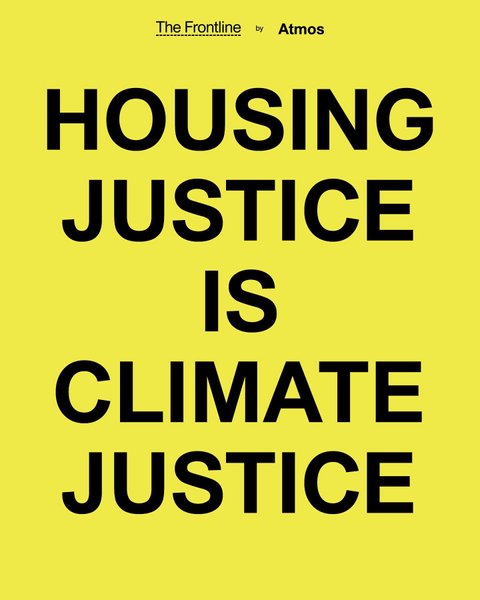Sublime
An inspiration engine for ideas
get out of my door,” Bessie Smith lamented in “Backwater Blues.” In response to the “great flood,” Congress in effect nationalized flood control along the Mississippi and entrusted the work to the Army Corps of Engineers. Joseph Ransdell, Louisiana’s senior U.S. senator at the time, called the Flood Control Act of 1928 the most important piece of
... See moreElizabeth Kolbert • Under a White Sky

Those who fail to house hack are missing out on perhaps the most powerful wealth-building tool available to ordinary Americans.
Scott Trench • Set for Life: An All-Out Approach to Early Financial Freedom
Armed with the latest information, they can make better decisions about how to plan for neighborhoods and industrial centers, build or expand seawalls, protect themselves from the storms that are getting more violent, shore up storm-water drainage systems, and raise wharves so they stay above rising tides. To get really specific: If you’re building
... See moreBill Gates • How to Avoid a Climate Disaster: The Solutions We Have and the Breakthroughs We Need
Atlanta changed its two residential zones from “R-1 white district” and “R-2 colored district” to “R-1 dwelling house district” and “R-2 apartment house district.” Exclusionary zoning laws metastasized across the nation after Congress passed federal legislation abolishing housing discrimination in 1968.[21] We went from banning certain kinds of
... See moreMatthew Desmond • Poverty, by America
Area-specific policies can be put in place to buttress against the negative effects that gentrification can have on longer-term poor residents. Inclusionary zoning, for example, is an approach that requires developers to set aside 10 to 20 percent of residential units for lower-income people, or to pay a fee that gets placed into an
... See more





